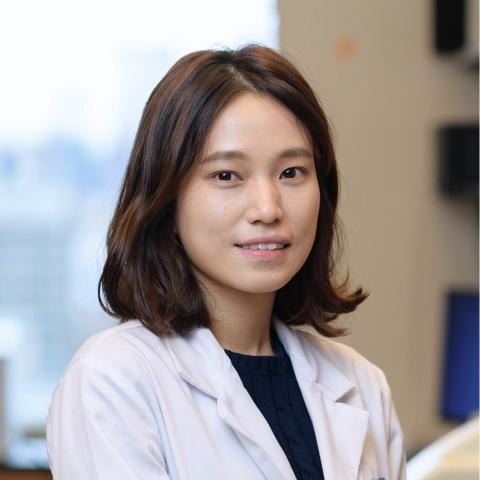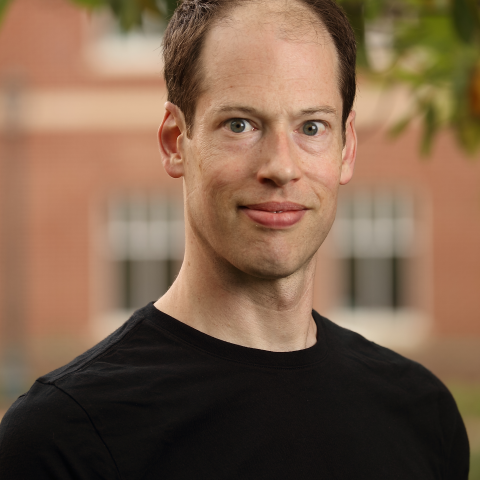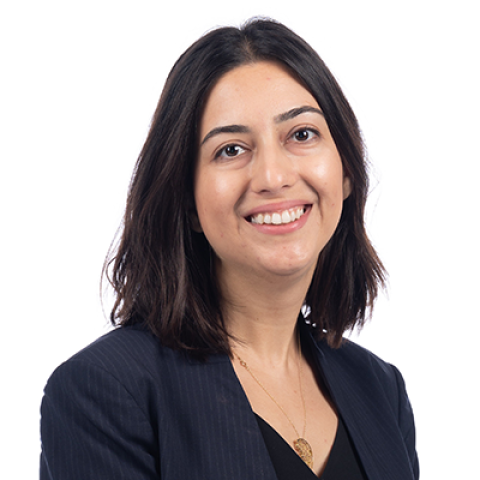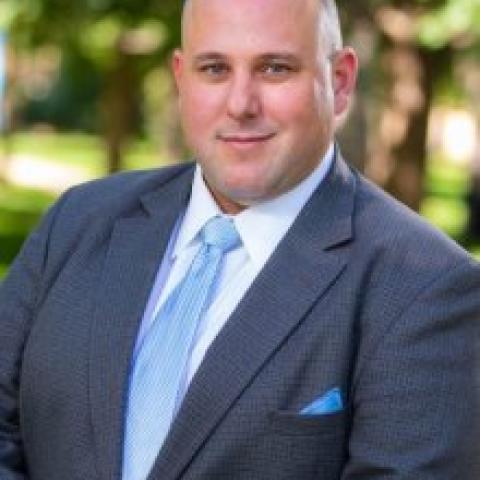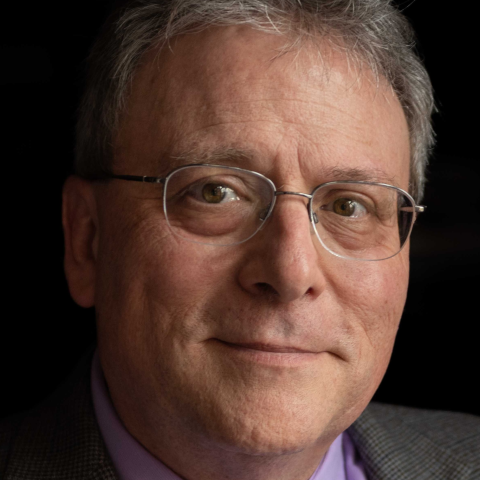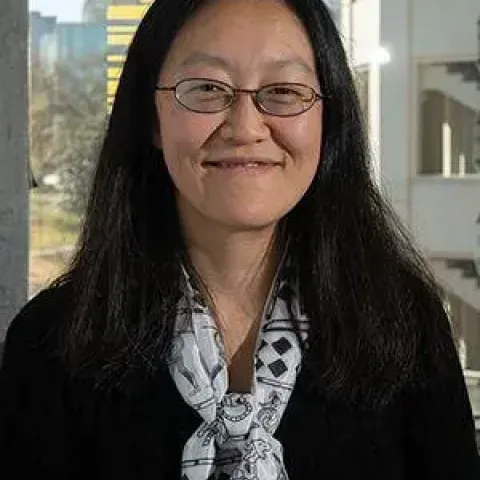Regents' Professor and Carter N. Paden, Jr. Distinguished Chair in Metals Processing, Dave McDowell joined Georgia Tech in 1983 and holds a dual appointment in the GWW School of Mechanical Engineering and the School of Materials Science and Engineering. He served as Director of the Mechanical Properties Research Laboratory from 1992-2012. In 2012 he was named Founding Director of the Institute for Materials (IMaT), one of Georgia Tech's Interdisciplinary Research Institutes charged with fostering an innovation ecosystem for research and education. He has served as Executive Director of IMaT since 2013. McDowell's research focuses on nonlinear constitutive models for engineering materials, including cellular metallic materials, nonlinear and time dependent fracture mechanics, finite strain inelasticity and defect field mechanics, distributed damage evolution, constitutive relations and microstructure-sensitive computational approaches to deformation and damage of heterogeneous alloys, combined computational and experimental strategies for modeling high cycle fatigue in advanced engineering alloys, atomistic simulations of dislocation nucleation and mediation at grain boundaries, multiscale computational mechanics of materials ranging from atomistics to continuum, and systems-based computational materials design. A Fellow of SES, ASM International, ASME and AAM, McDowell is the recipient of the 1997 ASME Materials Division Nadai Award for career achievement and the 2008 Khan International Medal for lifelong contributions to the field of metal plasticity. McDowell currently serves on the editorial boards of several journals, and is co-Editor of the International Journal of Fatigue.
Regents' Professor Mechanics of Materials, Woodruff School of Mechanical Engineering and School of Materials Science and Engineering
Carter N. Paden Jr. Distinguished Chair in Metals Processing
Additional Research
Computer-Aided Engineering; Micro and Nanomechanics; Fracture and Fatigue; Modeling
